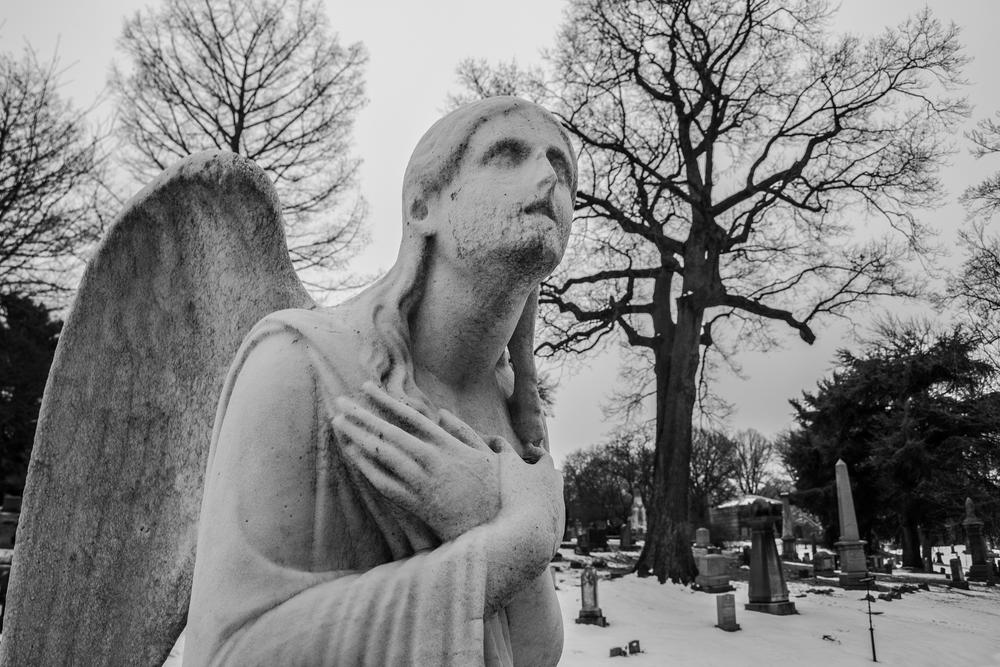
Caption
More than 81,000 Americans died after drug overdoses between June 2019 and May 2020, according to the Centers for Disease Control and Prevention.
Credit: Photo by David Panqueva from Pexels
The Centers for Disease Control and Prevention is reporting the highest number of overdose deaths ever in a 12-month period. GPB’s Ellen Eldridge reports.

More than 81,000 Americans died after drug overdoses between June 2019 and May 2020, according to the Centers for Disease Control and Prevention.
Overdose deaths are climbing across the country, according to new data from the Centers for Disease Control and Prevention.
From June 2019 through May 2020, there were more than 81,000 drug overdose deaths in the United States, the highest number ever in a 12-month period.
The new report does not show the full effect of the coronavirus pandemic on the existing opioid epidemic, but the latest numbers suggest overdose deaths are accelerating.
“The disruption to daily life due to the COVID-19 pandemic has hit those with substance use disorder hard,” CDC Director Dr. Robert Redfield said. “As we continue the fight to end this pandemic, it’s important to not lose sight of different groups being affected in other ways. We need to take care of people suffering from unintended consequences.”
The Georgia Council on Substance Abuse released a statement calling for both Congress and the Georgia General Assembly to step up with transformational action to expand funding for peer-led recovery programs.
“These lives matter and many of the lives lost are from communities across Georgia," the council said. "COVID-19 is only accelerating the death toll from the addiction crisis. Those with substance use disorder need increased assistance, funding and peer-led support — and they need it now.”
The council believes that the most important voice in the process of recovery is the peer voice, and that sustainable recovery will never occur without the perspective and lived experience of persons in long-term recovery.
While some funding for substance use disorders and mental health treatment survived in the final budget passed by Congress, the details are not yet known, the council's Jeff Breedlove said.
"We still do not know the details of the funding or how it will be allocated," Breedlove said. "We're assuming through either grant programs or direct allocation to the states."
RELATED:
In an emailed statement, Breedlove and Executive Director Neil Campbell said the latest relief bill was a bipartisan disappointment for the Georgia recovery community.
"From one perspective, not a single member of Congress, from any state, led a public charge to ensure that peer-led recovery programs were included at the necessary levels," they said. "The Georgia recovery community learned the valuable lesson that we have not done things we must do to ensure a member of the Georgia congressional delegation is that leader."
The council believes there will be more votes and more opportunities to secure funding and expand recovery support programs.
"There will, likewise, be an enhanced and expedited effort to earn the bipartisan support of the Georgia congressional delegation to position recovery from substance use disorder as a health care priority as it relates to COVID-19 and all subsequent congressional action," the statement said.